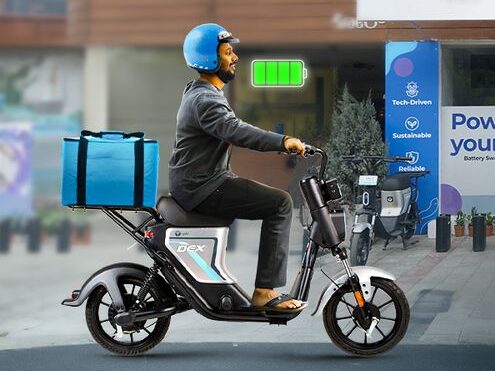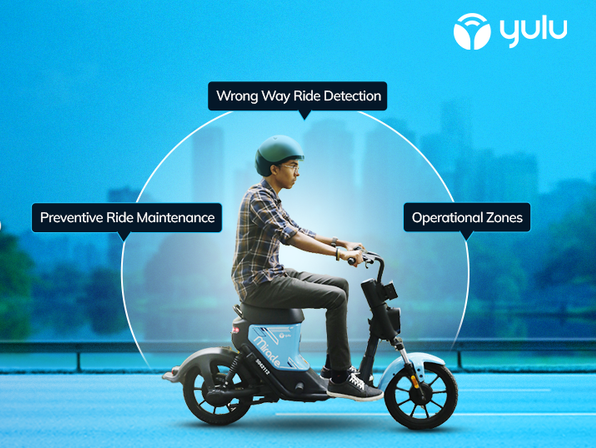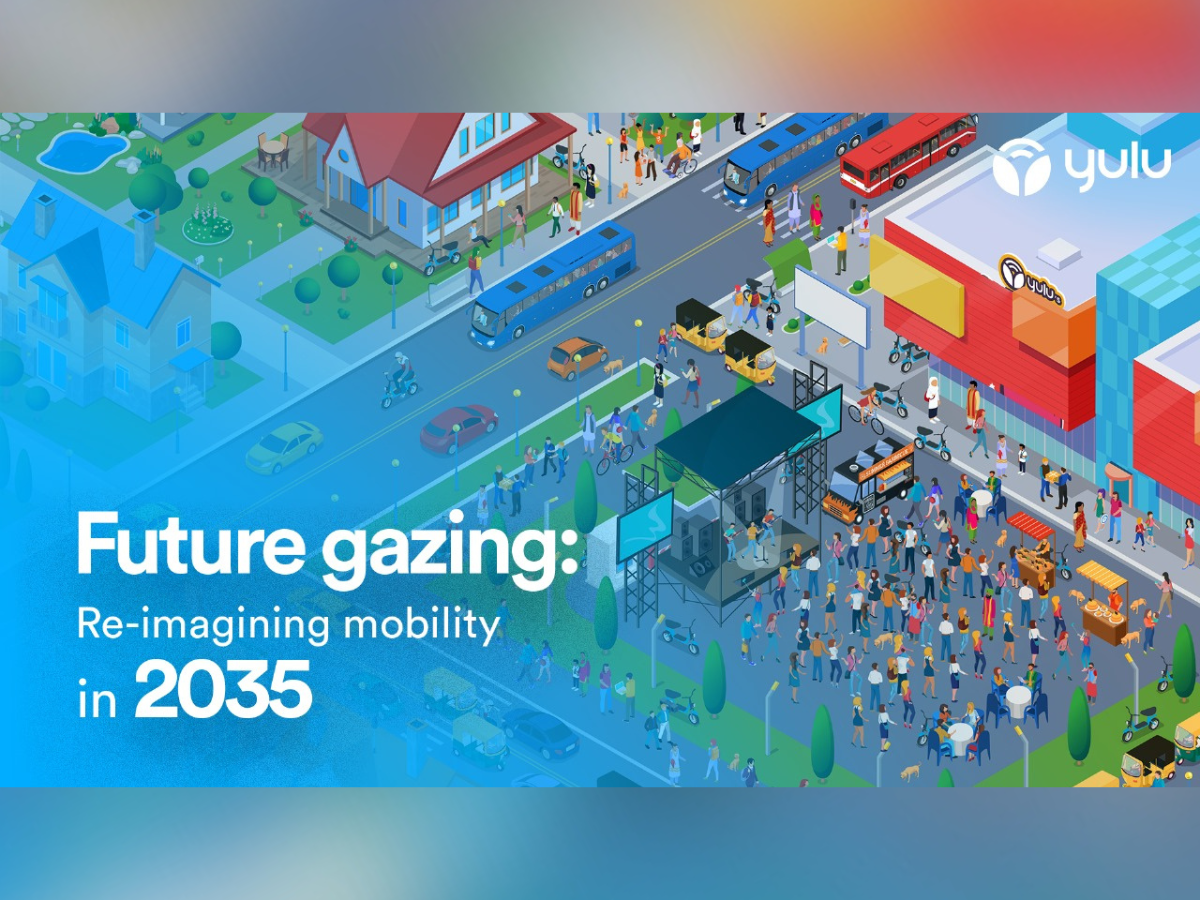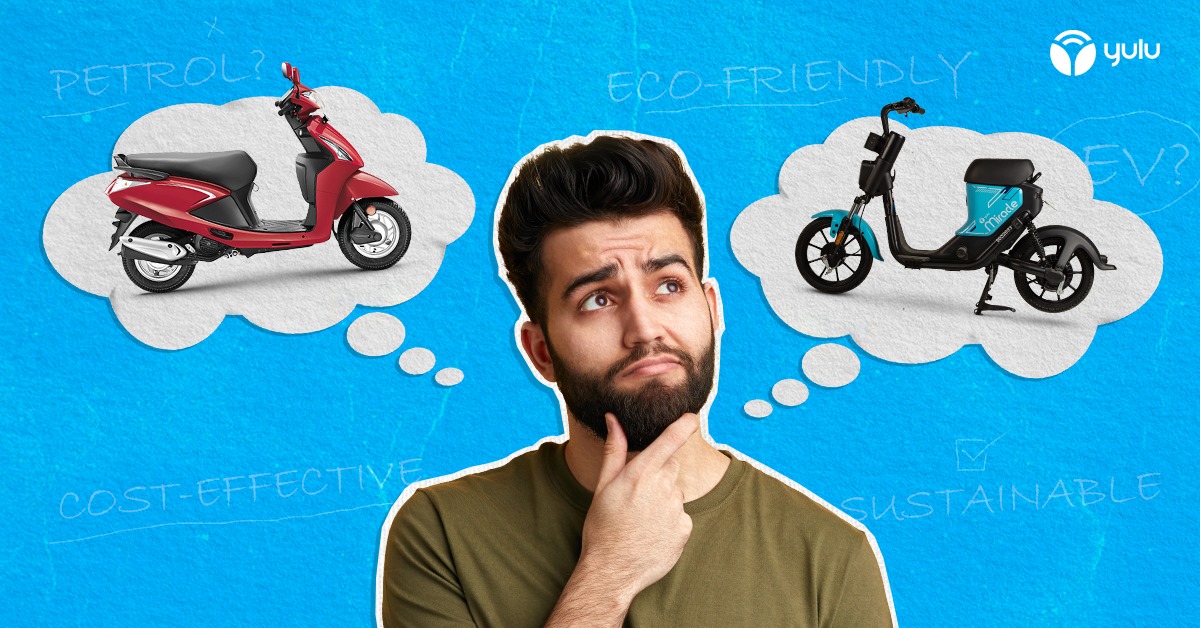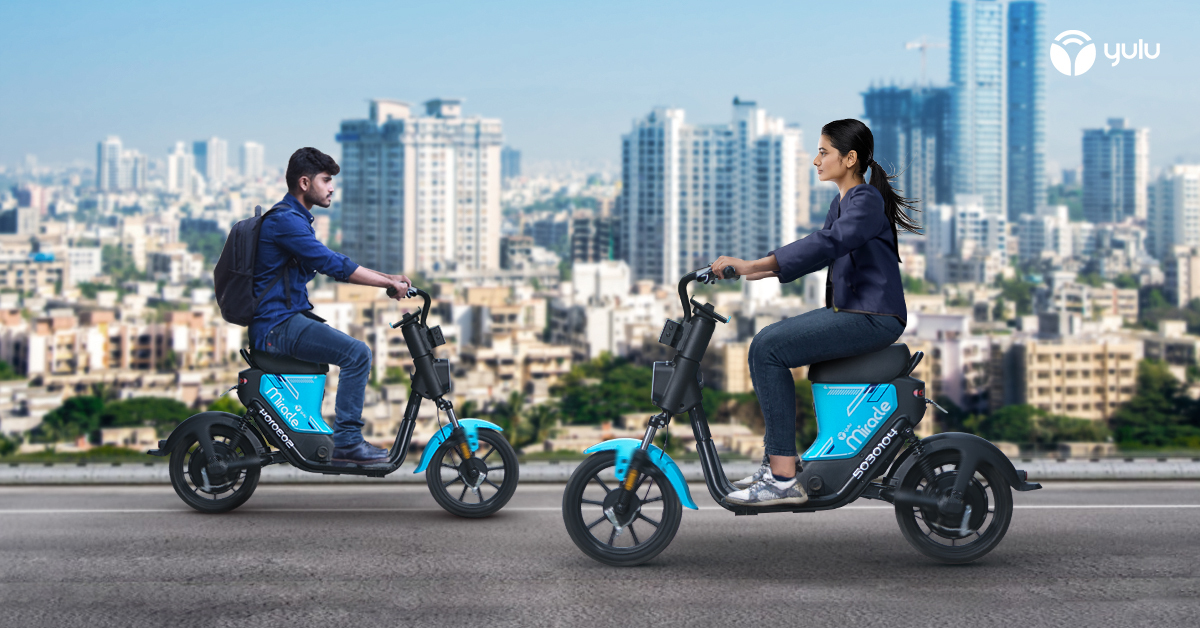Journeying Towards Tomorrow: 10 Convincing Reasons Why Electric Vehicles Lead the Way
Imagine a world where the rumble of internal combustion engines has been replaced by the quiet hum of electric motors, where city skylines are no longer marred by plumes of exhaust but adorned with clean air, and where the journey forward is marked not by the depletion of resources but by sustainability. Welcome to the future of transportation, where electric vehicles (EVs) have taken the wheel, steering us toward a brighter, greener tomorrow.
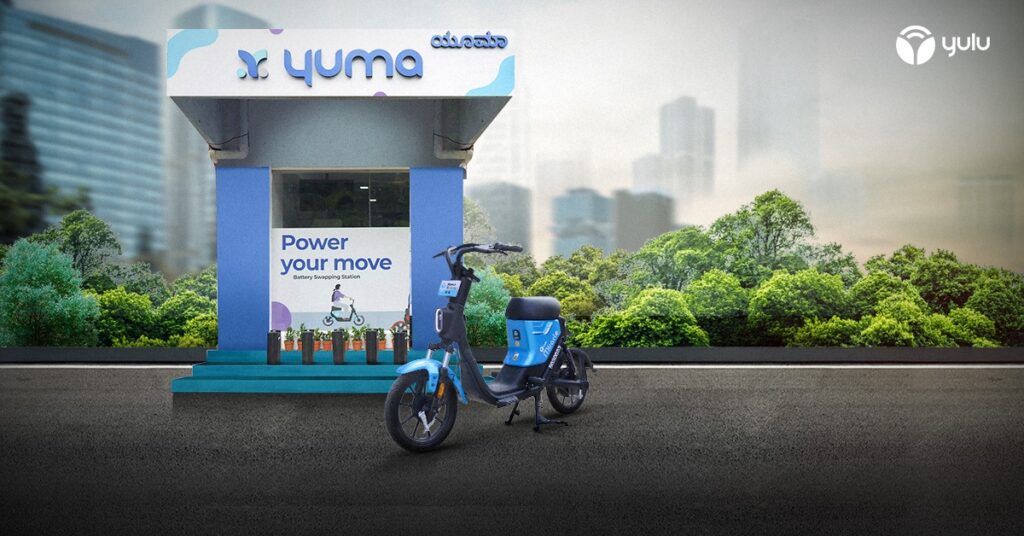
In an age defined by a growing environmental conscience and a sense of urgency to address climate change, EVs have emerged as a powerful force for change where innovation meets sustainability. They’re not just a mode of transport; they’re a revolution, a testament to human innovation and our commitment to preserving the planet.
Buckle up as we explore not just why EVs are here to stay but why they’re undeniably the sustainable path forward. Along the way, we’ll shine a spotlight on how micro-mobility solutions like Yulu bikes are revolutionising our cities and paving the way for a cleaner, more accessible, and eco-friendly transportation future.
1. Sustainable Energy Revolution
The combustion engine’s reign is slowly winding down as EVs pave the way for a sustainable energy revolution. Electric vehicles are powered by electricity, which can be generated from renewable sources such as solar, wind, and hydropower. This shift significantly reduces carbon emissions and our reliance on finite fossil fuels.
According to the International Energy Agency (IEA), more than 10 million electric cars were sold worldwide in 2022, and sales are expected to grow by another 35% this year to reach 14 million, signifying a monumental shift towards a sustainable energy revolution.
2. Environmental Friendliness
The environmental benefits of EVs are crystal clear. With zero tailpipe emissions and considerably lower life cycle emissions (89% lower, according to Science Direct), these vehicles contribute to cleaner air and a healthier planet.
According to the Union of Concerned Scientists, electric vehicles produce less than 50% of the emissions of comparable gasoline-powered cars over their lifetime.
3. Cost Savings
Electric vehicles offer long-term cost savings. While the initial purchase price may be higher, lower maintenance costs, reduced fuel expenses, and government incentives often make them more economical in the long run, saving owners thousands of dollars.
A U.S. Department of Energy study found that electric vehicles can be up to 70% cheaper to operate than gasoline-powered cars, considering fuel and maintenance costs.
4. Technological Advancements
Innovation is the beating heart of electric vehicles. With cutting-edge features like over-the-air updates and enhanced battery technologies, EVs are continuously improving, making them both efficient and technologically advanced.
Data from McKinsey & Company shows that the electric vehicle market is making significant technological advancements, pushing the boundaries of innovation. In the US, electric vehicle sales have surged, experiencing annual growth rates of over 40% since 2016. By 2035, the largest auto markets are expected to fully embrace EVs, offering a glimpse of a sustainable future and substantial economic opportunities.
5. Decreased Dependence on Oil
Electric vehicles help reduce nations’ dependence on oil imports and bolster their energy security. This shift can have geopolitical ramifications by mitigating the risks associated with oil price fluctuations.
The International Council on Clean Transportation (ICCT) reports that EVs reduce global oil consumption by significant volumes, contributing to energy security.
6. Reducing Urban Noise Pollution
In an era marked by the meteoric growth of the automobile industry, urban areas have found themselves trapped in a perpetual cacophony of vehicle-generated noise. This unrelenting soundscape, representing about 75% of urban noise in urban environments, emanates mainly from traditional internal combustion engine vehicles.
Data from ScienceDirect shows that electric vehicles (EVs) herald a remarkable departure from this auditory onslaught. Their power supply — electric batteries and motors — sets EVs apart and offer the distinct advantage of eliminating oil consumption. This reduction, reaching up to 75%, aligns seamlessly with energy conservation objectives and is pivotal in diminishing noise pollution within urban landscapes.
7. Range and Charging Infrastructure
Range anxiety is becoming a thing of the past. Innovations in battery technology—including battery swapping stations like those set up by Yuma Energy across India —have increased the range of EVs, and a growing network of charging stations ensures that recharging is convenient and accessible.
Data from the International Energy Agency (IEA) shows that the average range of electric vehicles has steadily increased, addressing range anxiety. The growing charging infrastructure is making EVs more accessible.
8. Lower Total Cost of Ownership
When considering the total cost of ownership, which includes purchase price, maintenance, and fuel costs, EVs often come out ahead. They require fewer repairs and have fewer moving parts, resulting in lower maintenance expenses. Moreover, with a rental shared EV like Yulu, the users don’t have to worry about these extra costs!
A study by Consumer Reports highlights that, over a vehicle’s lifetime, electric cars can save owners thousands of dollars compared to their gasoline counterparts.
Confused between Petrol v/s Electric 2-wheelers? Read more here!
9. Government Support and Incentives
Governments worldwide are offering incentives to encourage EV adoption. These incentives include tax credits, rebates, and access to carpool lanes, making EVs an attractive choice for many consumers.
According to the International Council on Clean Transportation (ICCT), many countries offer financial incentives for electric vehicle buyers.
10. Accelerating Adoption
The rapid adoption of electric vehicles is undeniable. With major automakers investing heavily in EV production, and countries setting ambitious targets to phase out internal combustion engines, be ahead of the curve.
According to data from BloombergNEF, we can see that global electric vehicle adoption is on the rise, with automakers investing billions in EV production and countries setting ambitious goals for phasing out internal combustion engines.
Navigating the Future with Electric Vehicles: Yulu Bikes Paving the Way
As we conclude our journey through the world of electric vehicles, it’s evident that they are poised to shape the future of transportation. From sustainability and cost savings, EVs offer many advantages that make them the frontrunners in the automotive industry.
But let’s not forget that the electric revolution extends beyond traditional cars. Yulu bikes, with their innovative approach to urban mobility, are also playing a significant role in transforming the future. As we embrace the transition from fossil fuel to electric energy, Yulu bikes are a shining example of how micro-mobility solutions contribute to a cleaner, more sustainable future.
Yulu bikes and similar micro-mobility options are making waves in the transportation industry and reshaping how we move within our cities.
FAQs:
Q1: Why are electric vehicles considered the future of transportation?
A: Electric vehicles are considered the future of transportation because they offer environmental benefits, cost savings, technological advancements, and reduced dependence on fossil fuels, aligning with global sustainability goals.
Q2: Are electric vehicles more expensive than traditional cars?
A: If you are buying an electric vehicle, you may have to bear a higher upfront purchase price, but the vehicle will be more cost-effective in the long run. Since Yulu is a shared mobility company, it frees you from the need for vehicle ownership and is thus an ‘on-demand’ mobility service where you pay as you go.
Q3: How is noise pollution reduced by electric vehicles?
A: Electric vehicles are virtually soundless, which contributes to reducing noise pollution in urban areas. According to the World Health Organisation (WHO), noise pollution is a significant health concern, and EVs can help mitigate this issue.
Take a ride with Yulu now! Download the app for iPhone and Android here.
This article was originally published by Yulu.


